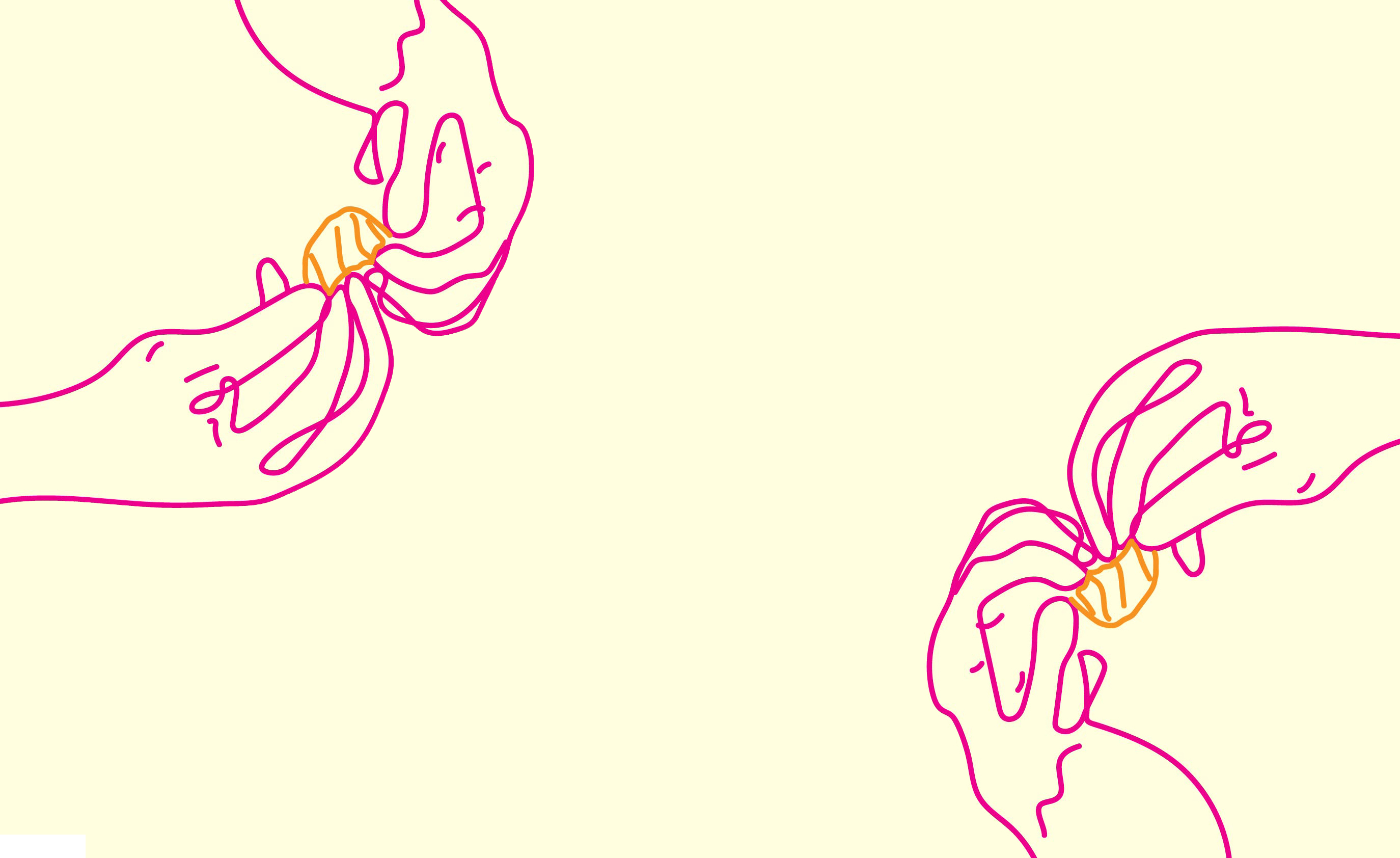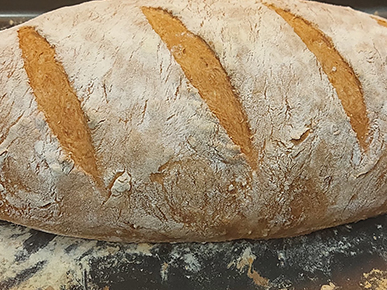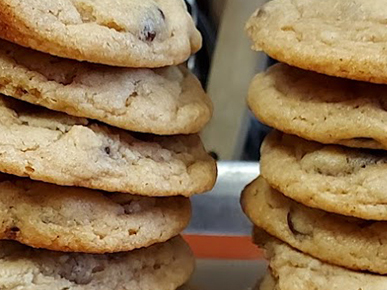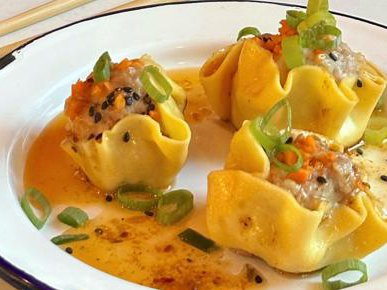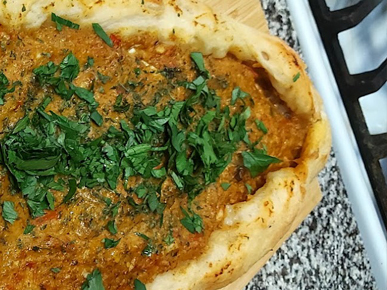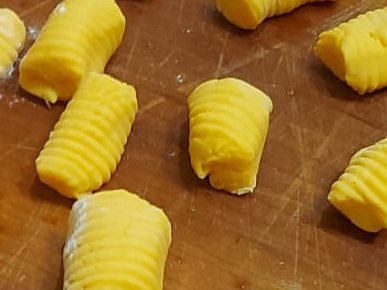Good Cry - Onion Cutting Workshop
Cutting Onions and Peeling back the Layers
People are like Onions; we at times can stink and are strangely repulsive to a select few. Additionally, we have the capacity to make people, and ourselves cry. This workshop teaches four basic cutting styles: dicing, mincing, julienne, and chiffonade, while drawing social connections, and skills needed for self-care, beyond the traditional conversations around mental health. Crying and its connection to self-care and resilience will be explored in an unconventional manner, allowing participants to learn technical culinary skills that can be used within personal or professional settings. Deeper connections to cooking, mental health and self-care will be discussed further, as participants can talk and share concerns about accessing benefits such as the Special Diet Benefit for (Ontario Disability Support Program) ODSP users. This workshop aims to create a space that is liberating, cathartic, and memorable, while exploring aspects of, and reminding participants that crying is not always a sign of weakness.



